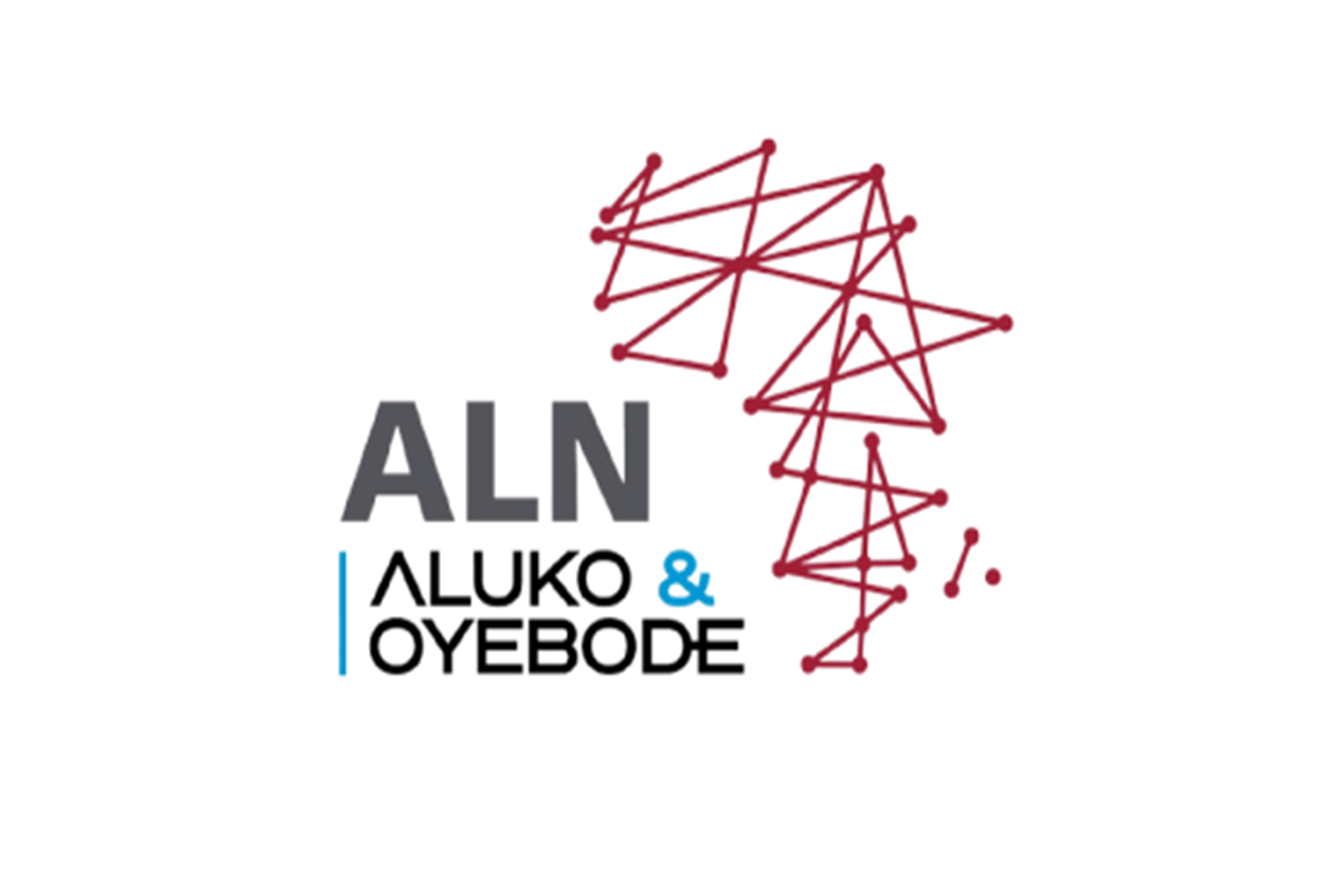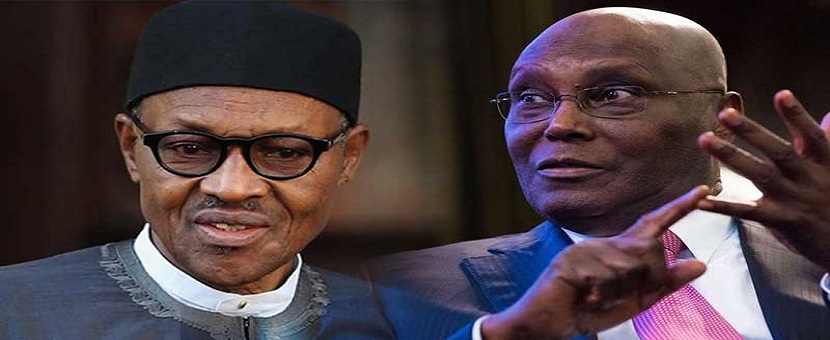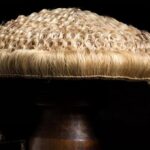Following the whirlwind of general elections earlier conducted in Nigeria, the Petitioners, Atiku Abubakar and the Peoples Democratic Party (PDP) took it up a notch by challenging the presidential poll which was in favor of Muhammadu Buhari and of course, the All Progressives Congress (APC). This was primarily on the grounds that Buhari was not qualified to even contest the elections ab initio. Members of both camps held their breath as the 5-man panel of the Court of Appeal (sitting as what is popularly referred to as the Presidential Election Petition Tribunal) led by Hon. Justice Mohammed Garba ruled that Buhari is in fact ‘eminently qualified’ to have contested the election. This groundbreaking news was delivered as sunshine in one camp and of course, hurricane in the other.
The bone of contention which led to this petition is the non-production of Buhari’s WAEC Certificate which was said to be a concrete ground to disqualify him from the presidential election. The Constitution is crystal clear on this position but as usual, a plethora of interpretations have been gleaned thereof. Section 318(1) of the Constitution of the Federal Republic of Nigeria, 1999 (CFRN) holds that production of School Certificate or ‘its equivalent’ is necessary. Over time, it is quite unsurprising for the latter part of this provision to be completely ignored. Many have relied on the absence of succinct definition or examples of ‘its equivalent’ as a yardstick to buttress the view that the School Certificate must be tendered. We must employ the Golden Rule of interpretation to first examine the rationale for this provision in order to deduce the intention of the law. The Golden Rule clearly suggests that any document whatsoever, which can establish that the candidate has gainfully acquired and completed secondary school education, would suffice and so, submission of such documentary evidence to the Independent National Electoral Commission would be admissible. However, the only ground for inadmissibility of such document as provided in Section 137 (1)(j) CFRN is if it is found to be laced with forgery or any form of misrepresentation.
Following the events of the certificate saga, Buhari’s WAEC certificate was said to have been lost and all efforts made for its recovery were futile. Thus, in the absence of his original WAEC Certificate which would have served as primary evidence, secondary evidence was relied upon as provided in Section 90(1)(a) Evidence Act and a certified true copy of his WASC Statement of Result was used to save the day, c’est finis! As can be rightly seen, I humbly believe that every production of evidence or none thereof made by Buhari and his camp does not point to any contravention of the Constitution. We all need to have a breather.
At this point, it is noteworthy that all through the journey of Buhari in pursuit of the most powerful seat in Nigeria from 2003 to 2007 to 2011, which were all characterized by failure until the landslide victory in 2015, his academic accreditation was never on the chopping table. Never. Pray tell, was he qualified then and not now? Answer: The winner will always be under surveillance. This is not a political post hence; I can only leave you to deeply ponder on this. There is no better time as a country to be more objective, proactive and progressive in our thoughts and actions. Like the rotten part of your favorite fruit, to enjoy this country a whole, we must hastily cut off all ties to yesterday and look on to the blinding brightness of our tomorrow.
Now that the raging storm has become a whisper, let us watch out for this eminent qualification to materialize into good governance, premium security, employment boost, better education, mechanized agricultural advancement, improved standard of living for all Nigerians and an overall sterling performance. How about that?
Featured Image Credit: Daily Post.














